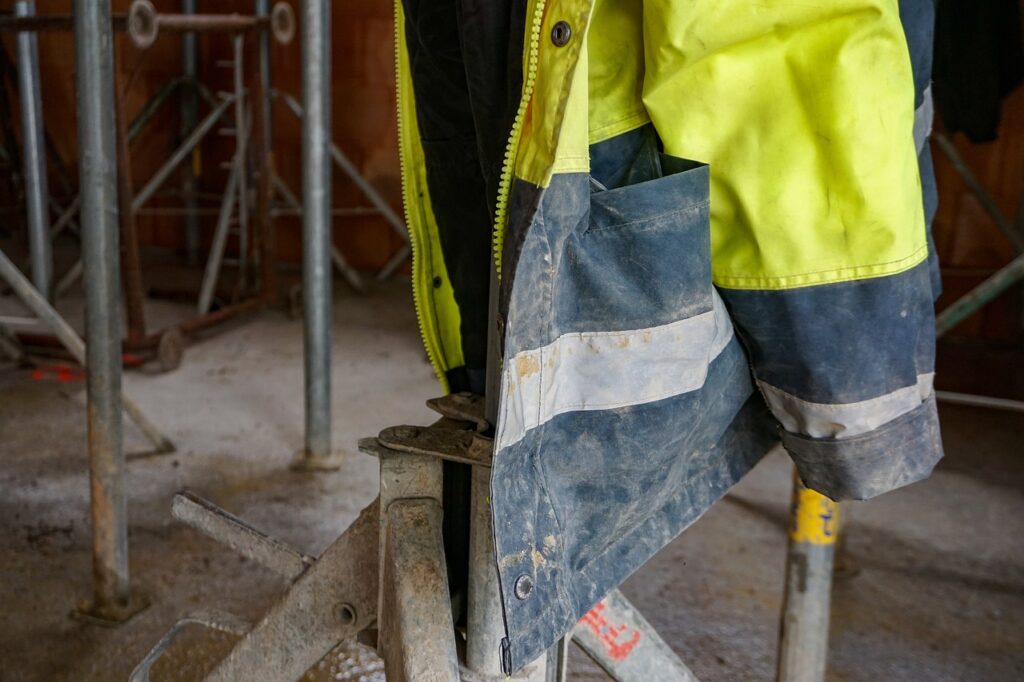Hull City Council‘s Cabinet has approved ambitious plans to build around 6,000 new homes by 2031.
In August, soon after the General Election, the Government announced plans to ‘get Britain Building’ by tasking local authorities in England with building a total of 371,541 new homes a year. This target was then revised and slightly lowered to 370,408 homes a year in December.
Each local authority was allocated a target figure for the number of new homes to build per year, with Hull City Council ‘s target being set at 993 new homes a year, having been lowered by 60 in the December rejig.
The council’s cabinet has now given the green light to a new Housing Growth Plan which seeks to lay a roadmap for how the city will hit the 993 target each year from 2025 to 2031. Hitting the 993 target each year over six year period would result in a total of 5,958 new homes being built in the city. Of those, council documents suggest 1,452 would be Affordable Homes, 800 of which would be Council Homes.
The city centre has been identified as a key area for housing growth with over 2,000 of the new homes expected to be built there. The draft Housing Growth Plan presented to the cabinet states there is an “expectation that housing delivery comes from conversion of unused commercial and retail spaces and the building out of key sites.” The document names the East Bank, St Stephens Place, Mytongate and Albion Square as “key sites.”
Using figures from the Ministry of Housing, Communities and Local Government, the draft document shows that Hull has seen an average of 702 net additional homes being built over the past ten years. Within that decade, the number only hit and/or exceeded the new 993 target on one occasion when 1,361 were completed in 2017/18. These figures highlight the challenge the council now faces to meet the new targets and the acceleration of housebuilding that will needed to meet the Government’s figure.
At the cabinet meeting where the draft document was discussed, the council’s leader Cllr Mike Ross said: “I think we do need to recognise that it [the Government’s target] is incredibly ambitious and actually is also quite a challenge. Whilst we support the ambition we do need to be realistic in terms of the implications for the city.”
By: Andrew Spence, LDRS






























